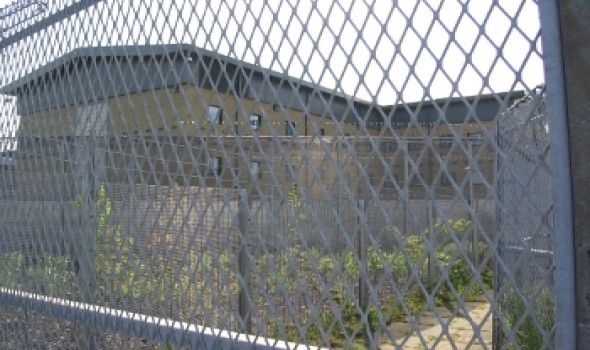UK: locking people up indefinitely
UK: locking people up indefinitely

"The UK is unique in Europe in locking up migrants for years, without time limit," says Jerome Phelps, director of Detention Action. “Asylum-seekers and migrants find indefinite detention deeply traumatic, particularly where they have already experienced persecution or mental health problems,” says Phelps. “They think of the UK as a home of human rights, yet find themselves locked up in detention centres that are identical to high-security prisons.”
Around 27,000 migrants were held in UK detention centres in 2011. Over half were held for less than two months but, since there is no time limit on detention, some are held for much longer. They are asylum-seekers whose claims are being processed or have been refused, and migrants who have overstayed their visas. There has also been concern about overcrowding and poor conditions in detention centres.
Until recently, children were regularly detained along with their families. In May 2010, Deputy Prime Minister Nick Clegg pledged to end the detention of all children in immigration centres by the following year. In December 2012, however, 31 children were being held, up from 17 the previous month.
At an average overall cost of £120 per bed per day, detention centres are expensive to maintain. Many billions of pounds are spent each year in the UK alone. “The UK needs to change its approach, away from knee-jerk reliance on detention and towards engagement with migrants in the community,” says Phelps.
Vincent’s story: How can I be sent somewhere I don’t know?
"I was detained from August 2010 until the beginning of November 2012. When I was granted bail, I thought the end of detention would mean the beginning of freedom, but I was wrong. I’m staying at a designated address far away from my family in London. I have a curfew and other restrictions that make travel to see them impossible. My family moved from Guadeloupe when I was really young. I grew up in east London and never dreamt that I’d find myself in this position. They moved me to Dover IRC (Immigration Removal Centre]. From there to Gatwick, Colnbrook, Harmondsworth, Morton Hall and finally to Middlesborough. There are different rules at every place depending who’s running it, and you never quite know what’s going on. All you know is that you’re a small fish and you have no control over your life. That’s left to the UKBA [UK Border Agency]. You also know that if you’ve got money, you can get by more easily. There’s corruption and uncertainty that you just have to deal with. I managed to keep contact with my family over my 26 months in detention, but moving has made that really difficult, especially now I’m miles away from where they live. Why waste all this money and create this animosity? It’s sad. I’ve been living here for practically my whole life and suddenly I found myself in detention facing deportation to a country that I don’t even know.” Photo by Detention Action.


